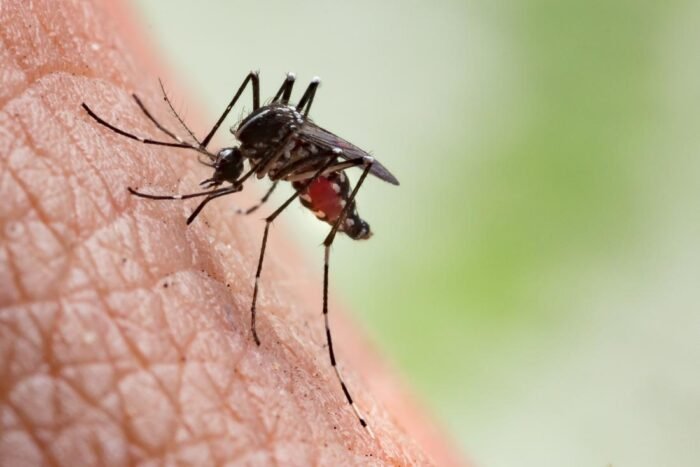By Felicia Imohimi
Some stakeholders in environment and public health on Monday called for an all out war against Mosquito to holistically prevent Malaria and related diseases in the country.
The stakeholders said the Nigeria End Malaria Council should focus on ending the breeding of Mosquitoes rather than the current secondary measure of distributing Insecticidal Treated Nets.
The News Agency of Nigeria (NAN) reports that this was the submission of the stakeholders at a symposium in commemoration of World Mosquito Day in Abuja.
Dr Yakubu Baba, Registrar of Environmental Health Council of Nigeria (EHCON), said the roll back Malaria programme must take a fresh look at primary aspect of prevention of malaria through the control of mosquitoes.
Baba said that the burden of malaria has continued in the country in spite of the distribution of the treated mosquito nets.
“Studies show that even the mosquito treated nets beside the fact that they are not properly used by the target users, are also not comfortable for people considering the style of living in Nigeria.
“We are more outdoor in our activities than indoors, this suggests that from the hours of 5p.m when the mosquito begins to be active, most of us are outside; we cannot be moving about with mosquito net.
“Even when in the net you still struggle to guard yourself against mosquito bite and a single bite will mean the introduction of a great number of parasites.
“So it is very important we envisage and bring to the front burner, way forward to eradicate or control mosquito,” he added.
This he said, made it imperative to stop mosquito from breeding as a permanent solution to the spread of malaria.
“Once you are able to get it right in terms of controlling the activity of mosquito the other value chain of malaria control will just be a walk over,’’ the registrar said.
He also identified gaps inherent in the current malaria control programme to include total neglect of the vector, appropriate research, environmental management and programming of activities.
“Programming of malaria activities has not being favourable to mosquito control activities.
“If you go to states or even at the federal level, there is nothing or no activities that are targeted at the control of mosquito which is the key responsible organism for malaria.
“Then if there is no concerted efforts targeted at mosquito how can we be able to really achieve the roll back malaria programme?
“Hence, it is really very apt to say that the malaria scourge fight will equally be meaningful if efforts are targeted at mosquito itself,’’ Baba said.
Also, Olakunle Williams, National President of Pest Control Association of Nigeria (PECAN) said mosquito has inflicted immeasurable suffering and claimed countless lives in the country.
Williams said other mosquito-borne diseases include dengue fever, Zika virus, yellow fever and others.
He said that these diseases have continued to ravage communities, impeding progress and hindering socio-economic development.
“It is incumbent upon us as responsible stakeholders to take collective action and combat this menace head-on.
“PECAN in collaboration with EHCON have been at the forefront of efforts to control mosquitoes and prevent the spread of mosquito-borne diseases in Nigeria.
“Our association has tirelessly advocated for effective pest control strategies in partnership with various stakeholders and government.
“However, our work is still far from complete and we must intensify our efforts to achieve sustainable and long-term solutions.
“We must prioritise research and innovation, strengthen surveillance and monitoring systems and integrated pest management strategies among others,’’ he said.
Prof. Godson Ana, the Dean, Faculty of Public Health, University of Ibadan said combating mosquito should be total and multidimensional.
He said there should be strong documentation of policies on environmental management at the grassroots, and addressing of ecosystem disruption, and environmental degradation among others.
NAN reports that World Mosquito Day is commemorated annually on August 20, and the theme for 2023 is ‘Fighting the World’s Deadliest Killer – The Mosquito’. (NAN)(www.nannews.ng)
===========
Edited by Maharazu Ahmed












